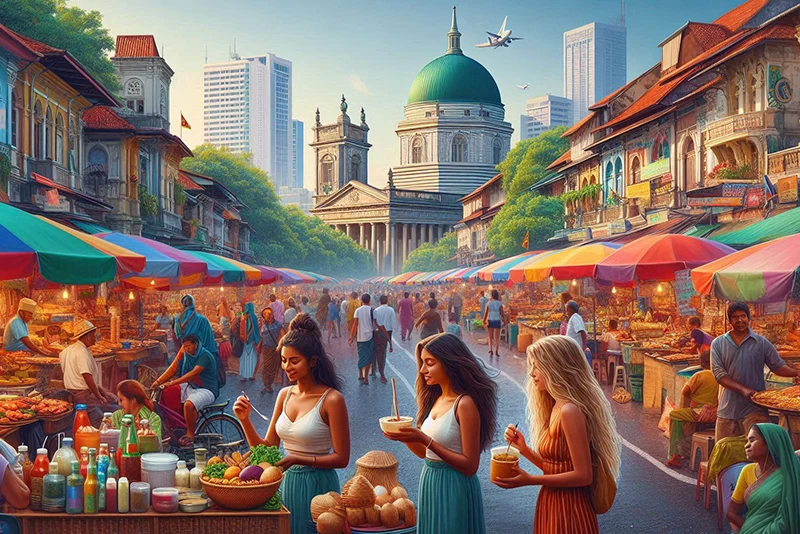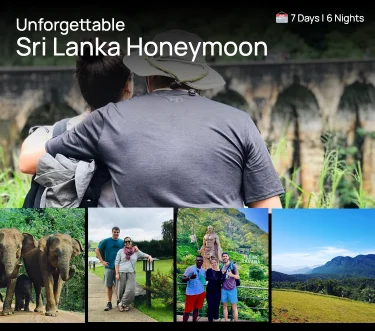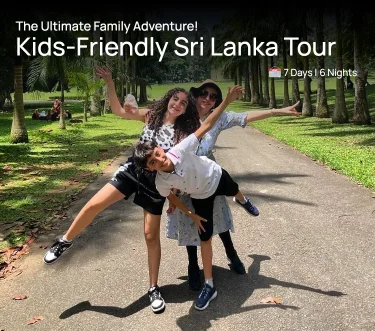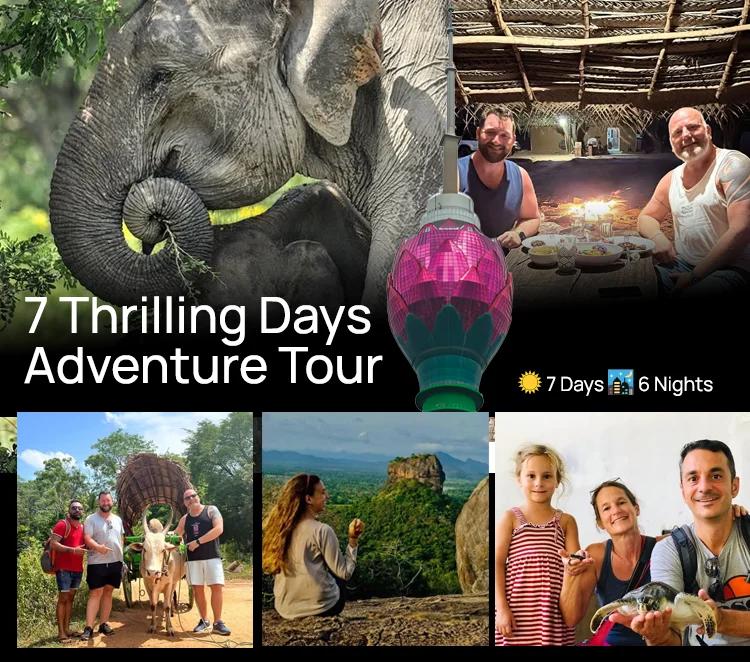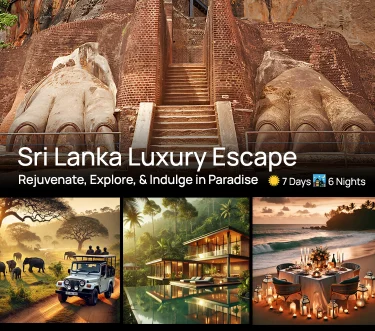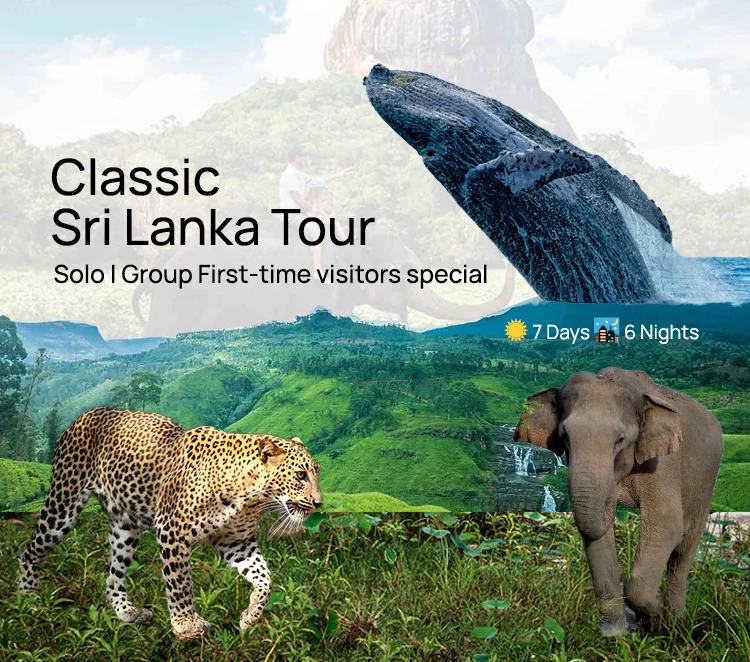10 Essential Tips for Tourists Roaming Around Colombo City
Colombo, the bustling commercial capital of Sri Lanka, offers a vibrant mix of history, culture, modern attractions, and local experiences. As a tourist, knowing some key details will help you explore the city safely and enjoy its unique charm as 10 Essential Tips for Tourists Roaming Around Colombo City
Here are the 10 Essential Tips for Tourists
1. Cultural Etiquette
- Dress Modestly: When visiting religious sites like temples or churches, ensure you dress modestly by covering your shoulders and knees. Some temples may provide a sarong or shawl for visitors.
- Respect Local Customs: Sri Lankans are polite and hospitable, so using words like “Ayubowan” (a greeting) or “Bohoma Istuti” (thank you) is appreciated.
- Remove Footwear at Religious Sites: When entering Buddhist temples, it’s customary to remove your shoes and hats. Be mindful not to turn your back on Buddha statues when taking photos.
2. Transportation Tips
- Tuk-Tuks Are Common: Tuk-tuks are a popular mode of transportation in Colombo. Make sure to use tuk-tuks with meters, or negotiate the fare before starting the ride to avoid overcharging.
- Ride-Hailing Apps: For convenience, use apps like PickMe or Uber, which operate across the city, ensuring a more standardized fare and safe transportation.
- Traffic Can Be Chaotic: Colombo’s streets can be congested, especially during rush hours (7-9 AM and 4-6 PM). Plan your trips accordingly to avoid delays.
3. Safety and Scams
- Be Wary of Scammers: Some individuals may offer unsolicited help or try to sell overpriced tours. Politely decline and stick to trusted sources for travel advice or tours.
- Stay Alert with Valuables: Colombo is generally safe, but like any major city, be cautious with your belongings in crowded areas, markets, or on public transportation.
- Avoid Unlicensed Tour Guides: When visiting landmarks, make sure to hire licensed guides to avoid misleading information and extra charges.
4. Key Attractions
- Gangaramaya Temple: A blend of modern architecture and cultural essence, this temple is one of the most important in Colombo.
- Galle Face Green: A popular ocean-side urban park where you can enjoy a leisurely stroll, kite flying, and street food.
- Viharamahadevi Park: The largest and oldest park in Colombo, perfect for a relaxing day out1.
- National Museum of Colombo: Offers a deep dive into Sri Lanka’s history and culture with its extensive collection of artifacts.
- Pettah Market: A bustling bazaar where you can find everything from fresh produce to electronics.
- Colombo National Museum: A must-visit to learn about Sri Lanka’s history, showcasing ancient artefacts, traditional art, and colonial-era items.
- Pettah Market: One of the busiest local markets in Colombo, Pettah is the place to find local spices, textiles, jewellery, and souvenirs at affordable prices. Be prepared to haggle!
- Independence Memorial Hall: A historical monument built to commemorate Sri Lanka’s independence from British rule, surrounded by a peaceful park ideal for relaxing.
5. Shopping and Local Markets
- Shopping Malls: Colombo has several modern shopping malls such as Crescat Boulevard, Colombo City Centre, and Odel, offering international brands, local crafts, and dining options.
- Souvenirs: Look for unique Sri Lankan souvenirs like Ceylon tea, handicrafts, spices, and gemstones. Popular places for authentic souvenirs include Barefoot and Laksala.
- Local Handicrafts: Colombo’s artisan markets feature locally made handlooms, pottery, batik fabrics, and wood carvings—great for unique gifts and home decor.
6. Local Food and Dining
- Try Street Food: Colombo is known for its delicious street food. Don’t miss out on trying kottu roti, hoppers, samosas, and fresh fruit juices. Galle Face Green is an ideal spot for street food lovers.
- Spicy Cuisine: Sri Lankan food is generally spicy. If you prefer milder flavours, ask for less spicy options when ordering.
- Popular Restaurants: Check out famous dining spots like Ministry of Crab for seafood, Nuga Gama for traditional Sri Lankan cuisine, and Café Kumbuk for fusion meals and healthy options.
7. Weather and Best Time to Visit
- Tropical Climate: Colombo experiences hot and humid weather year-round, with average temperatures around 27-30°C (80-86°F). Bring light, breathable clothing and stay hydrated.
- Rainy Season: The monsoon season from May to August and October to January can bring heavy rains, so pack an umbrella or raincoat.
- Best Time to Visit: The ideal time to explore Colombo is from December to March when the weather is relatively dry and pleasant.
8. Money and Currency
- Local Currency: The currency is the Sri Lankan Rupee (LKR). It’s advisable to carry cash for small purchases, as not all street vendors accept cards.
- ATMs and Exchange: ATMs are widely available, and you can exchange currency at banks or authorized money changers. Major hotels and stores accept credit cards.
- Tipping: Tipping is appreciated but not mandatory. A 10% service charge is often included in restaurant bills, but an additional tip is a kind gesture if you feel the service was exceptional.
9. Language
- English is Widely Spoken: English is commonly spoken in Colombo, especially in tourist areas, making it easy to communicate with locals.
- Basic Sinhalese or Tamil: Learning a few phrases in Sinhala or Tamil will help you connect with locals and enhance your cultural experience. For example, “Ayubowan” means hello in Sinhala.
10. Healthcare and Emergency
- Pharmacies and Hospitals: Colombo has several well-equipped hospitals, including Asiri Hospital and Nawaloka Hospital. Pharmacies are easy to find in the city.
- Emergency Numbers: Dial 119 for the police, 110 for fire services, and 1990 for medical emergencies. Keep these handy while travelling.
Conclusion
Exploring Colombo offers a fascinating blend of history, culture, food, and vibrant city life. With these essential tips, you can navigate the city smoothly, enjoy its highlights, and create memorable experiences during your visit.
